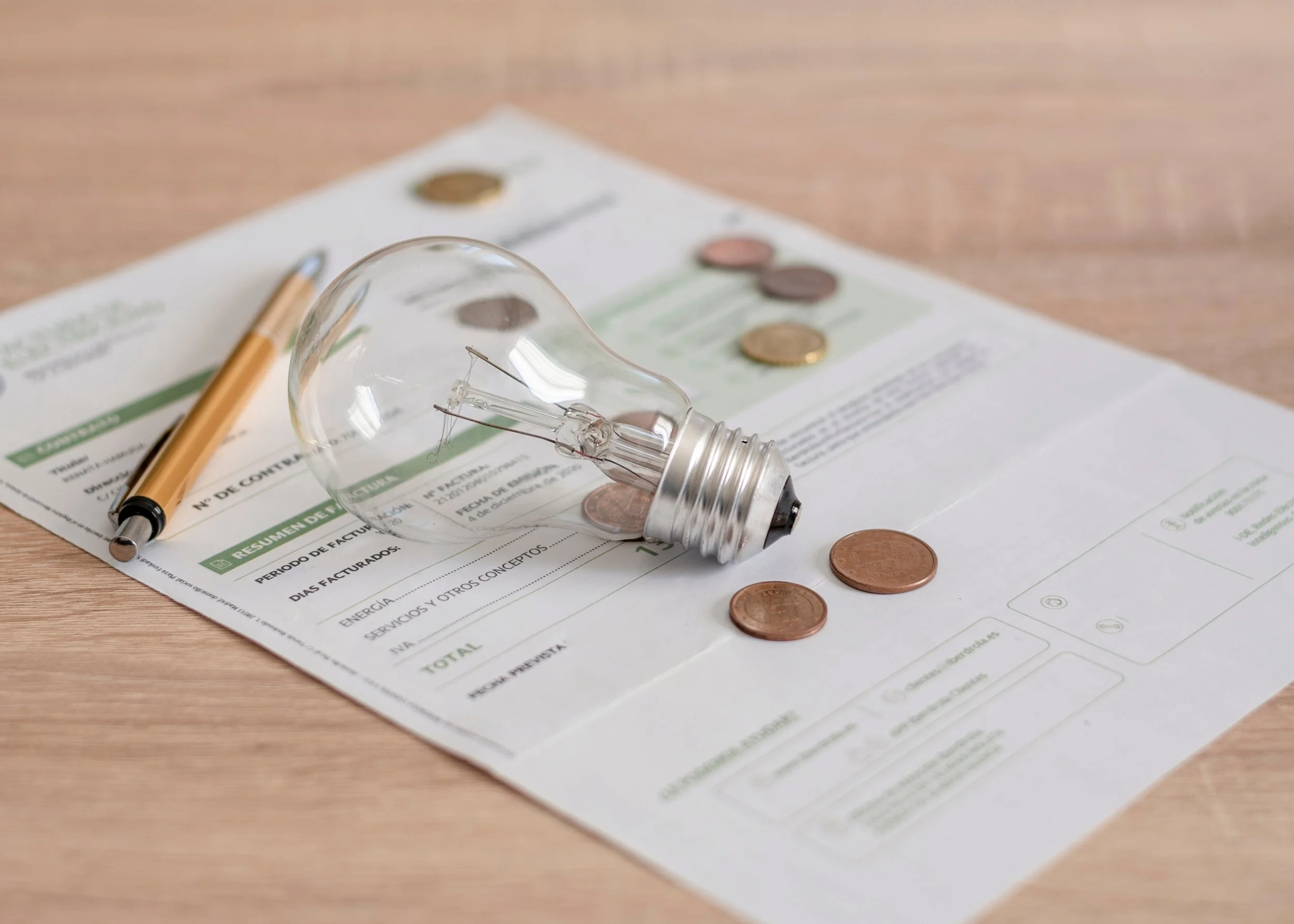Households will be hit hard financially this spring due to the energy price cap which is set to rise in April 2022. On top of loans, food, and other home obligations, families on a limited budget may struggle when the energy prices increase.
So how can we deal with this?
What is the Current Energy Cap?
For customers on the standard variable or default tariff, the current energy price cap is £1,277. Despite the fact that this rate protects many homes from rising electricity costs, it is nevertheless the result of a 12% rise that took effect in October 2021.
It's also worth noting that the energy price cap refers to the maximum amount that an energy provider can charge an average customer. You will undoubtedly pay more if you use more.
What is the Price Cap Forecast?
The outlook for the energy price cap is not promising. The likelihood of a rate increase throughout the year is high due to rising wholesale power prices.
Many energy suppliers have gone out of business as a result of these price hikes this year. Energy bills might jump by up to 50% in the spring, according to the trade organisation Energy UK.
Should I Compare Different Energy Suppliers?
Switching to a different energy provider may help you avoid the price cap and save money, but this is not always the case. Simply make it a practice to compare different energy costs or suppliers using a comparison site once a year.
You might also try to get a fixed arrangement at a lower rate than the price cap, especially since the prognosis indicates a rise is very likely.
However, other experts warn that fixed-rate packages may be substantially more expensive right now, making finding a decent bargain difficult.
How Much Energy Do I Use?
All homes demand different levels of heating. High ceilings and the quantity and size of windows can have an impact on how well your home maintains heat.
To acquire a professional analysis of your energy needs, an energy audit specialist can help you, as they will be able to advise you on how to make adjustments to lower your heating bills.
Making insulation improvements could also save you money in the long run. You can also learn more about your heating system, including how long you should leave it on, what temperature you should set it at, and when the optimum times are to turn it on and off.
If you have any questions or concerns about your finances, get in touch today!

